Impact of MS on Marriage, Pregnancy and Intimacy by Dr. Jaydip Ray Chaudhuri

Annual General Meeting 2022-2023 Highlights: Empowering Together We are thrilled to share the highlights of the Annual General Meeting for the year 2022-2023, which took place on Sunday, August 20,…
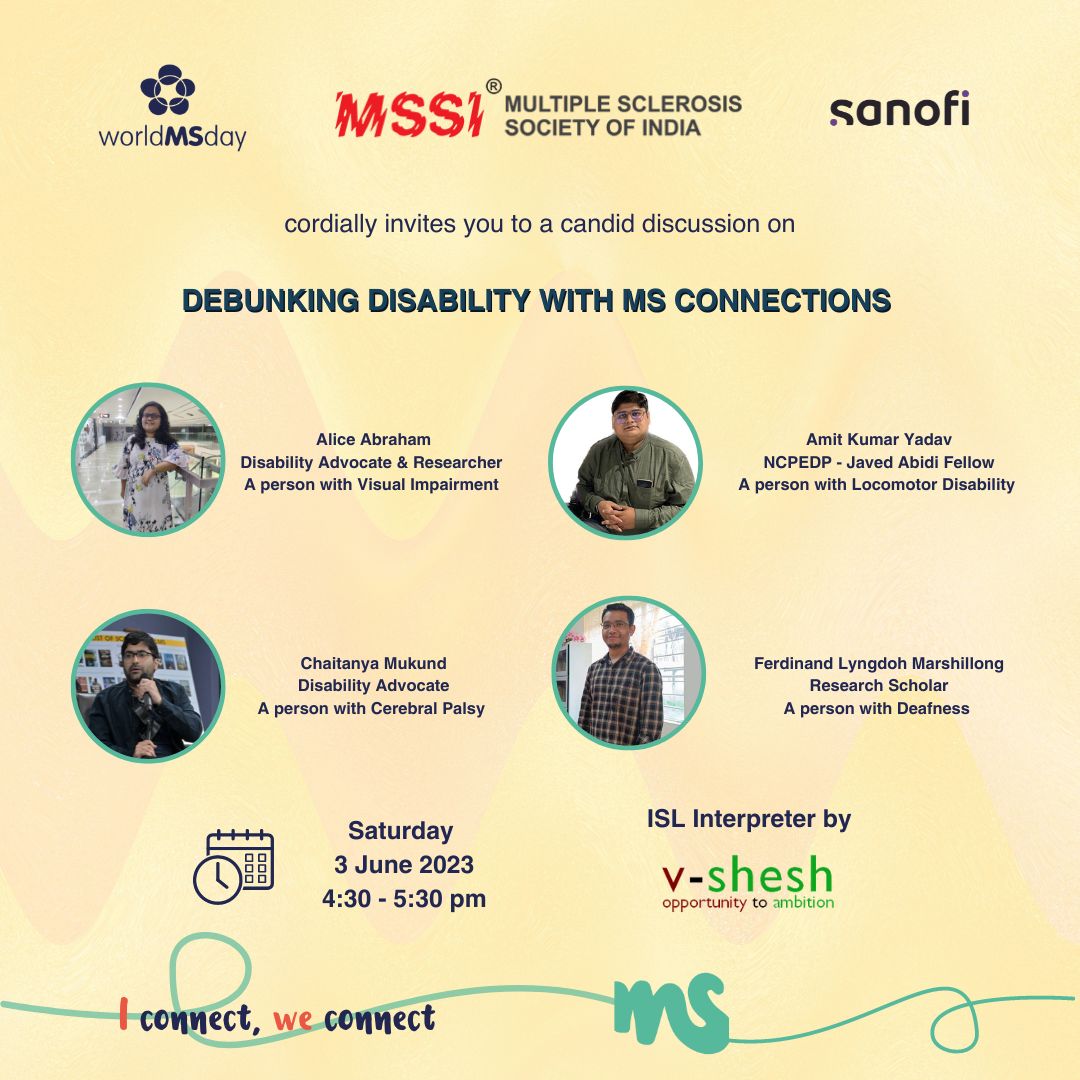
We hosted a session on Debunking Disability with MS Connections! This time our connections included persons with other disabilities. The speakers of the session were : Alice Abraham: Disability Advocate…
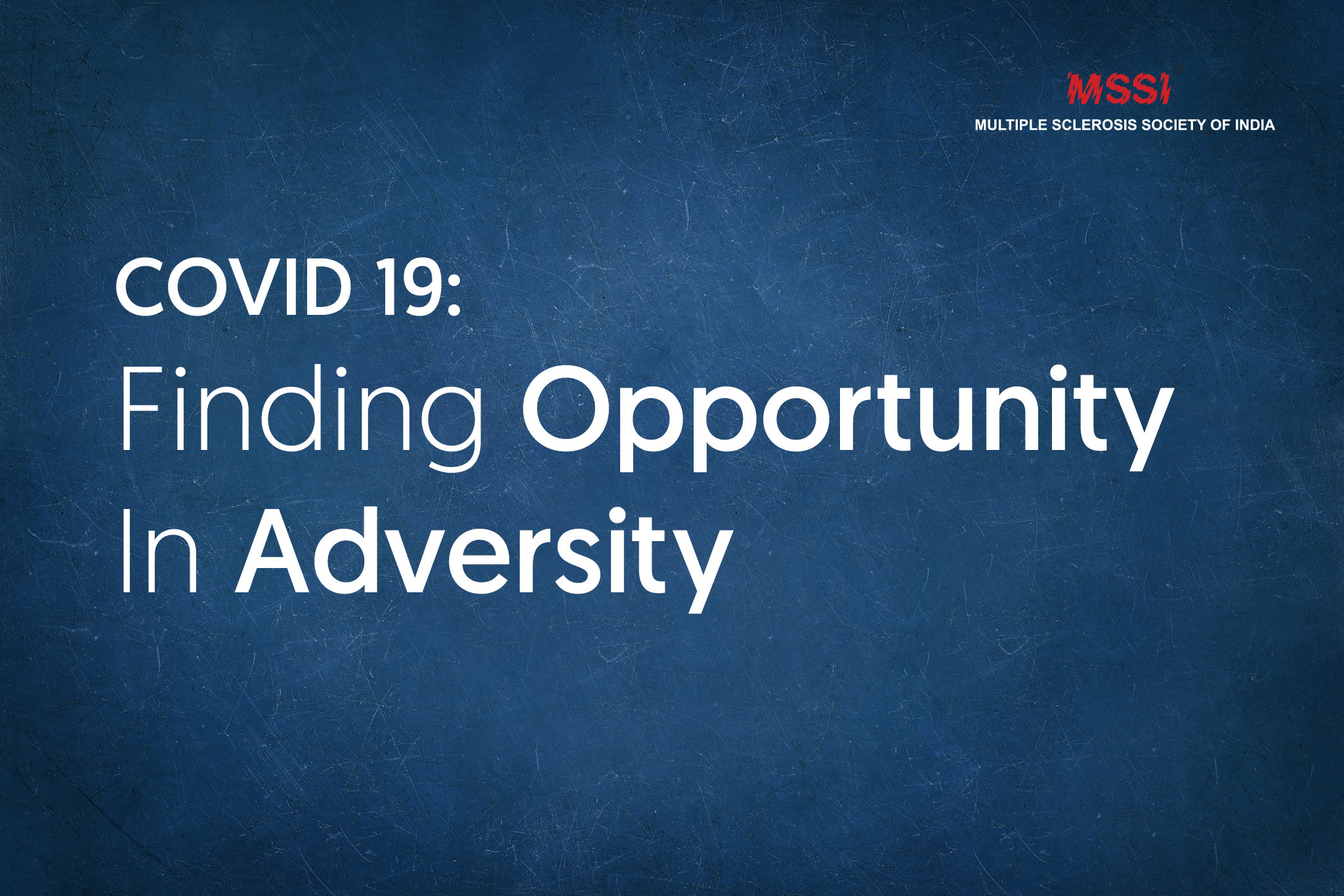
COVID pandemic has changed our lives, the way we think and the way we work. A lot of things will not be the same for a long time to come….
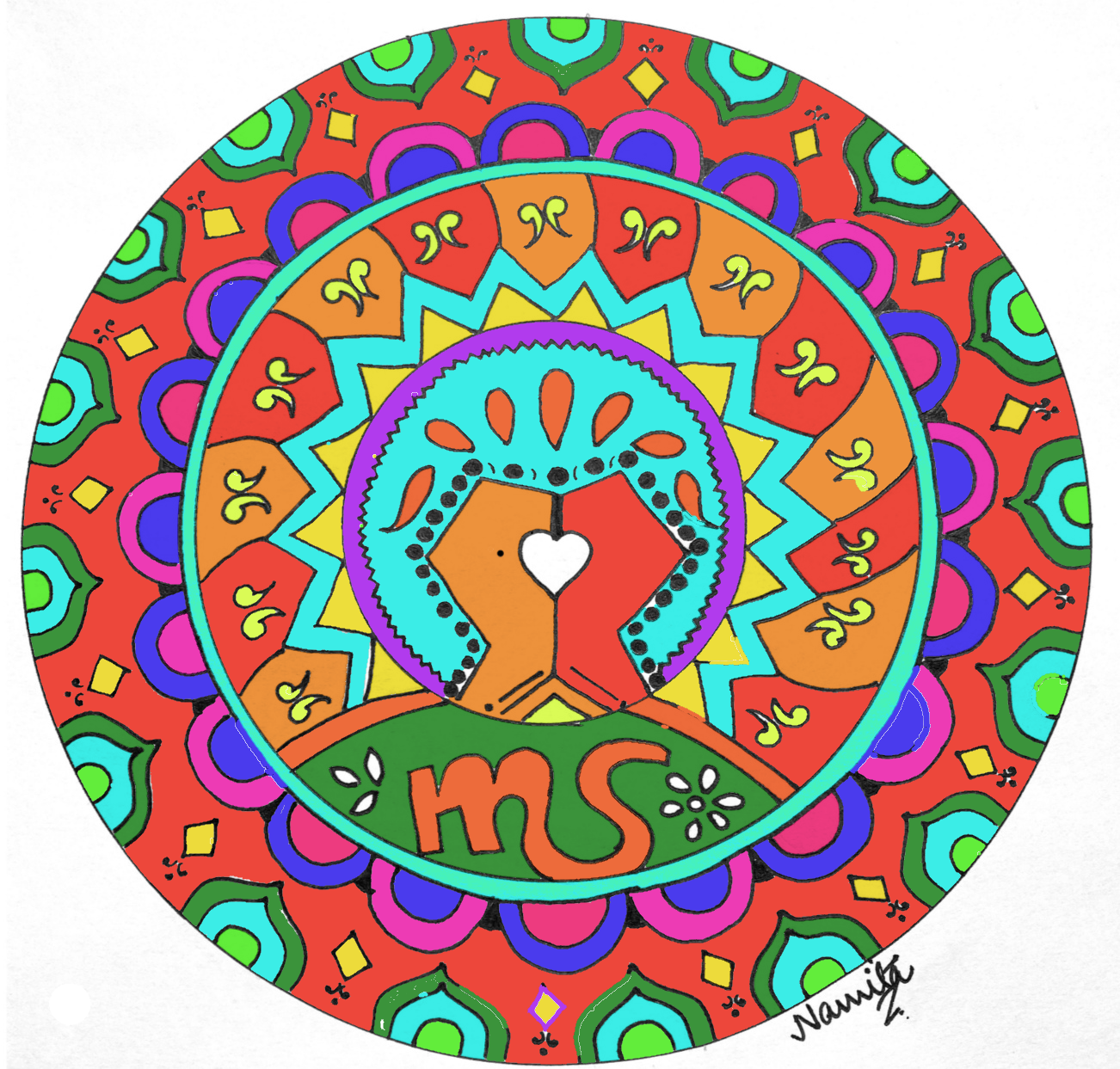
MS Person Anjali Vyaas from Pune shares her mandala art experience. Steps to colour a Mandala (BY SMUDGING) on your smartphone: Get the raw file of Madala in an editable…
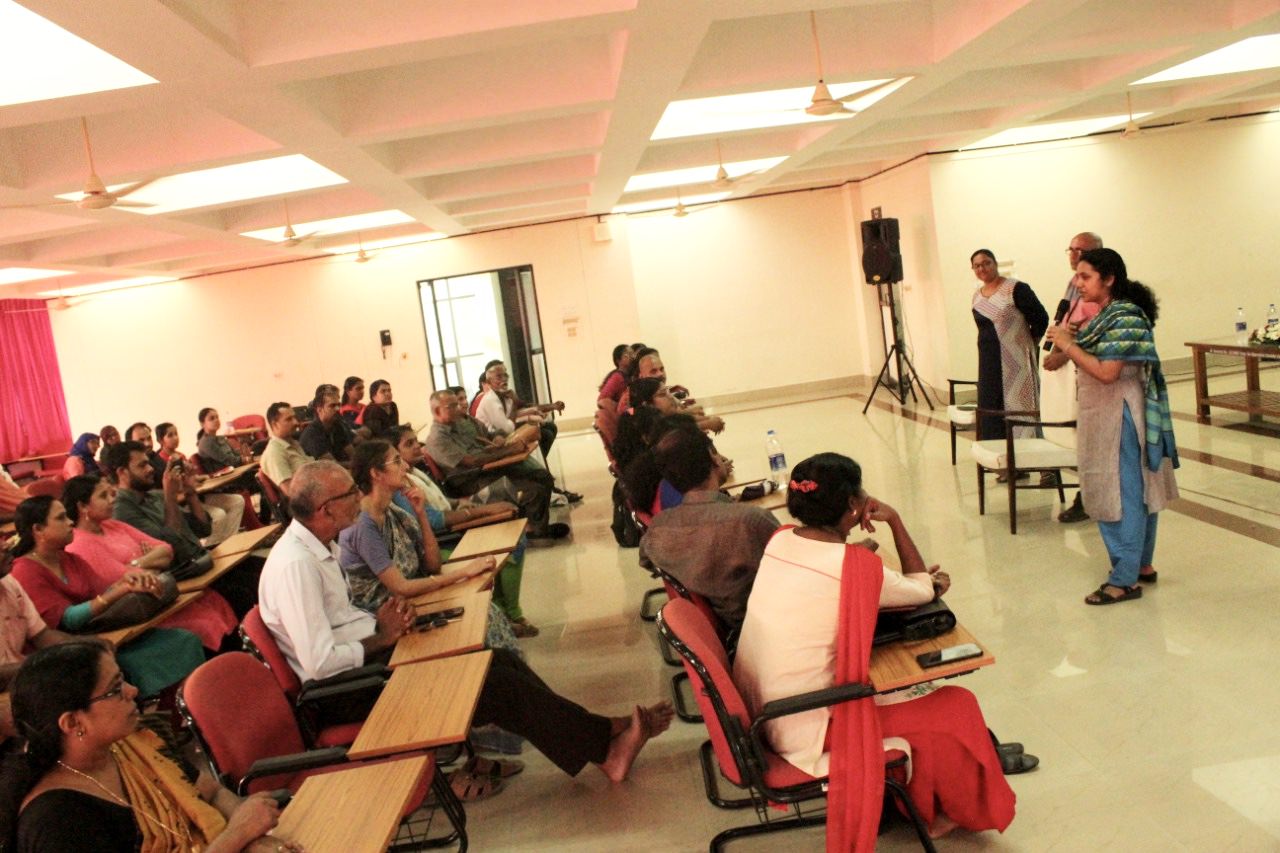
MSSI Trivandrum Support Group along with Sree Chitra Thirunal Hospital conducted a program on “ Mindfulness”. Dr. S Krishnan (Associate Professor of Psychiatry) and Ms. Lekshmy K (Psychologist & Mindfulness…
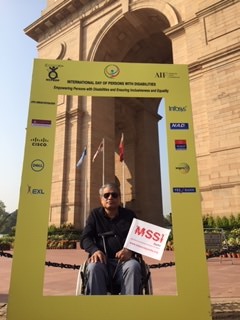
INDIA MS PERSON OF THE YEAR! 2019 Group Captain Prabal Malaker A retired Indian Airforce Test Pilot who has flown almost every aircraft in the Air Force inventory in his…
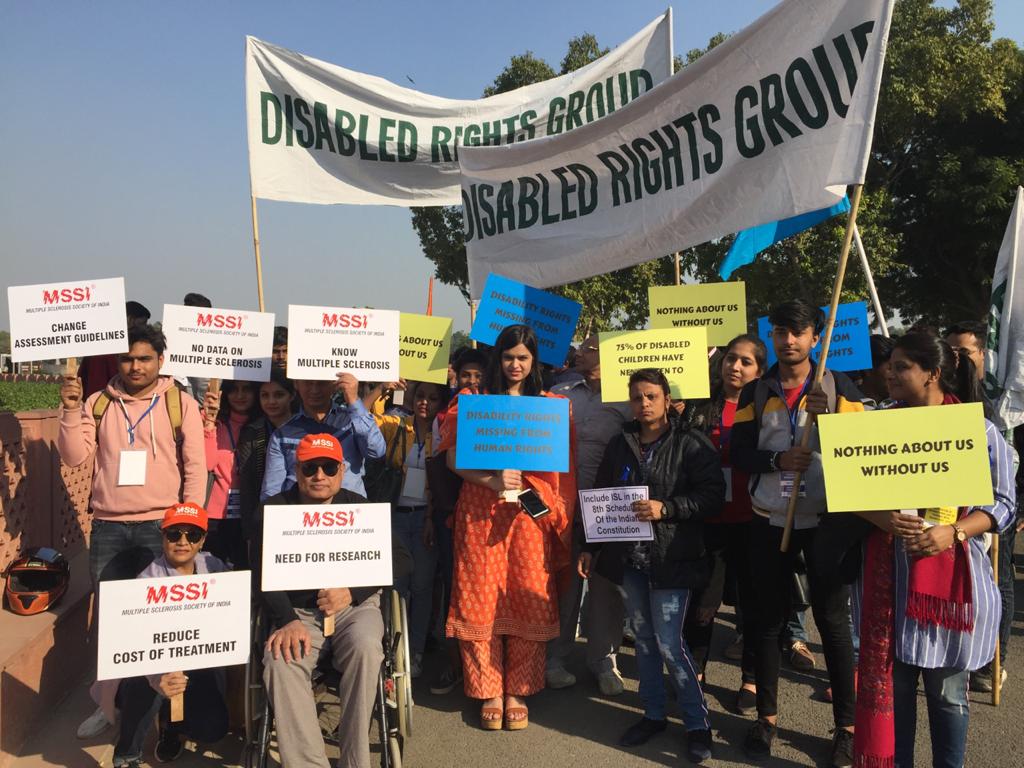
International Day of Persons with Disabilities is an international observance promoted by the United Nations since 1992. It has been observed with varying degrees of success around the planet. The…
